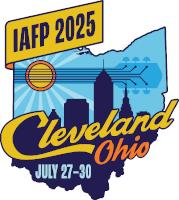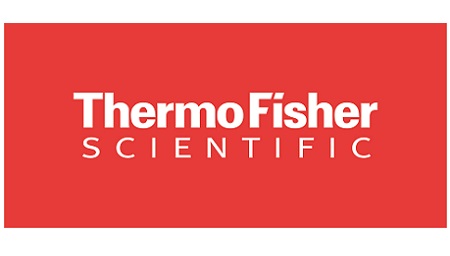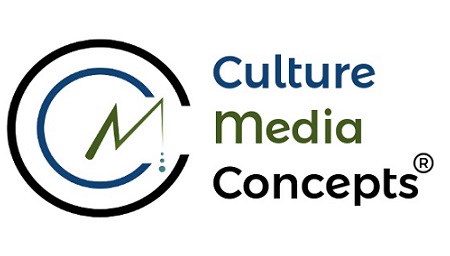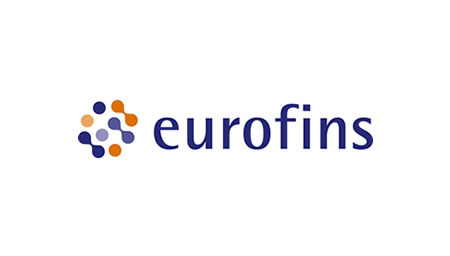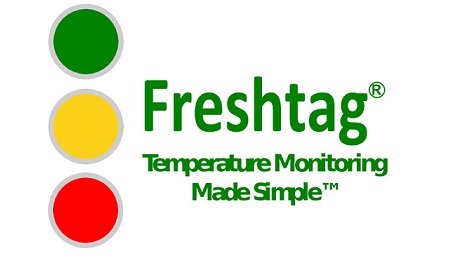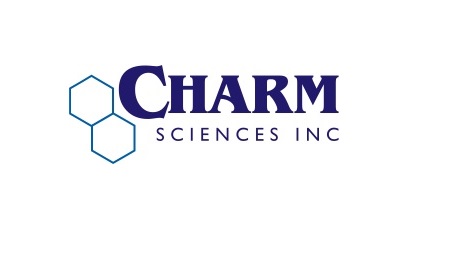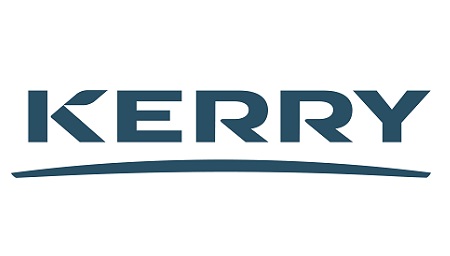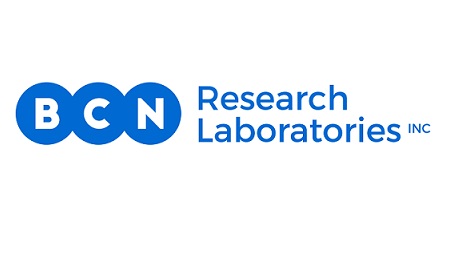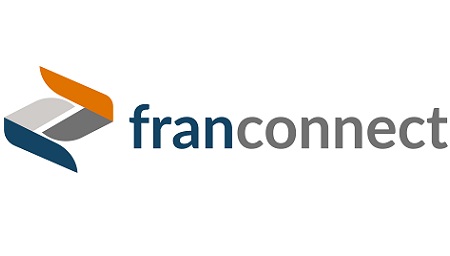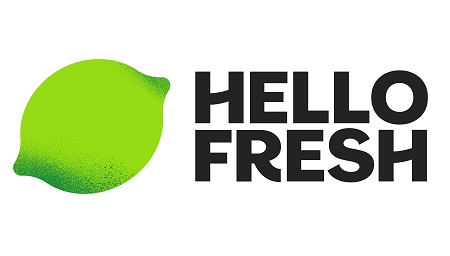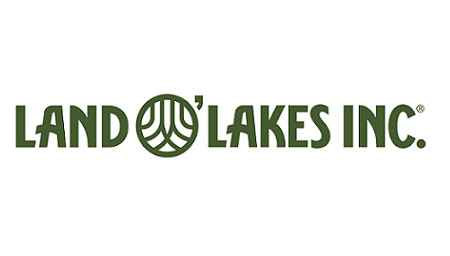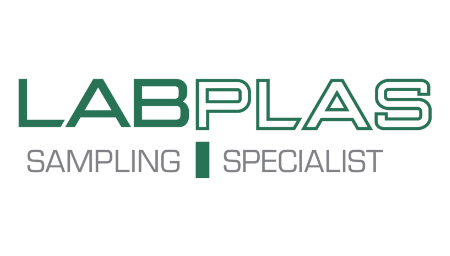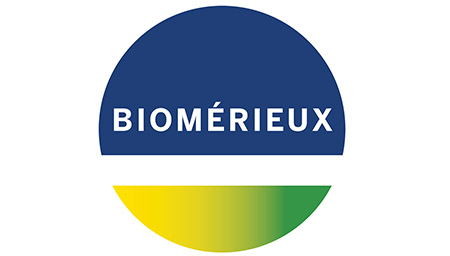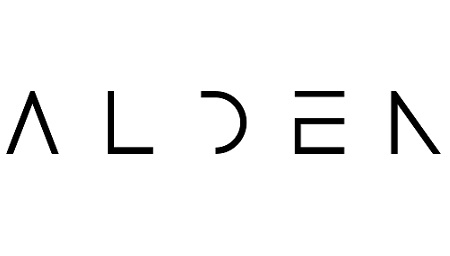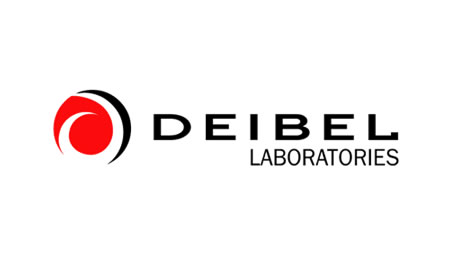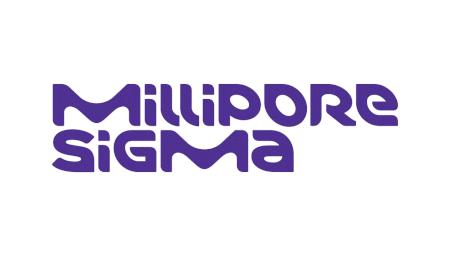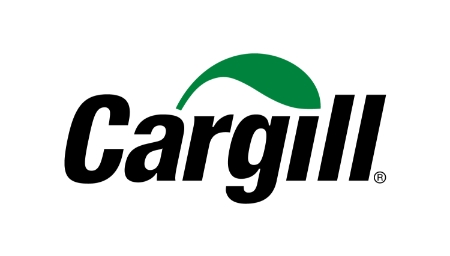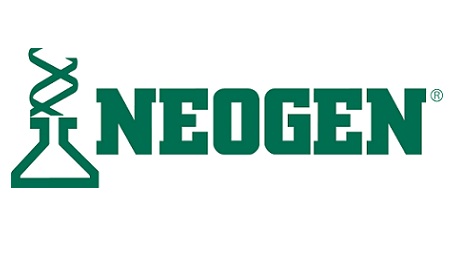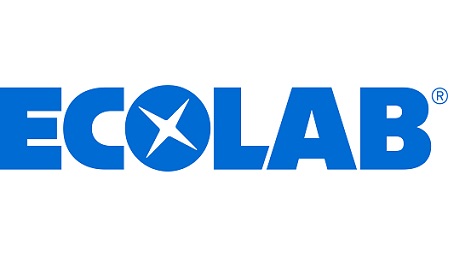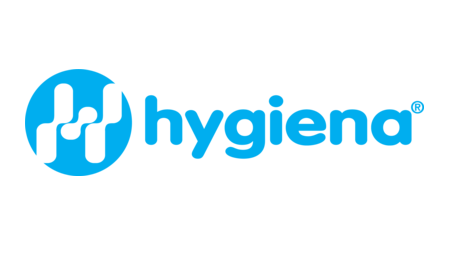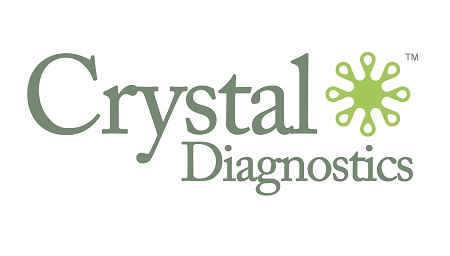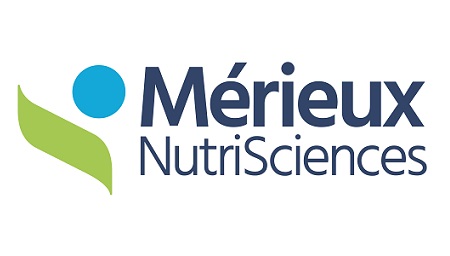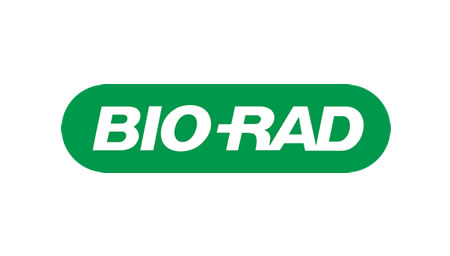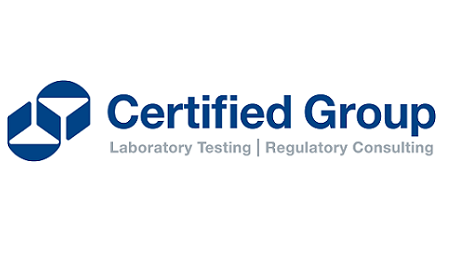Demystifying Dry Cleaning: When, How and Why of Dry Cleaning & Sanitizing
Friday, July 25 and Saturday, July 26, 2025 (8:30 a.m. - 5:00 p.m.)
Workshop Registration Fees
- Members $865.00
- Non-Members $965.00
- Late-fee $75.00
Late Rate Effective July 3, 2025.
Workshop rates are available for IAFP students upon request.
IAFP Workshop Cancellation Policy: Registration fees, less a $100 administration fee and any
applicable bank charges, will be refunded for written cancellations received by June 2, 2025. No
refunds will be made after July 2, however, the registration may be transferred to a colleague
who is NOT currently registered with written notification. Registrations cannot be carried to any
future meetings.
Photo Policy: We occasionally use photographs of attendees in our promotional material. By
attending, you agree to such usage.
Other: Any modifications to payment method will incur a $30 processing fee.
Refunds will be processed when received.
Workshop Description
As awareness of the risks associated with pathogens and allergen cross-contamination grows—particularly in low-moisture food environments—manufacturers are re-evaluating traditional cleaning and sanitation practices. Increasingly, the focus is shifting toward dry cleaning as a vital solution. However, misconceptions and uncertainties surrounding dry cleaning often hinder its effective adoption. This engaging 2-day workshop is designed to demystify dry cleaning, addressing critical questions such as:
• What constitutes dry cleaning methods?
• When should these methods be employed?
• What risks can they mitigate or inadvertently introduce?
Participants will delve into cutting-edge science and practical strategies for implementing a robust dry-cleaning program. This workshop will explore not only the latest advancements and tools in the field but also identify key knowledge gaps that demand further exploration.
Hands-On Learning and Practical Insights
Attendees will gain invaluable hands-on experience with a wide array of dry-cleaning tools and techniques, including:
• Dry vapor steam
• High-efficiency vacuums
• Dry ice blasting
• Manual cleaning methods
• CO₂-propelled alcohol sanitizers
• Floor and shoe treatment systems
• UV technology
• Heat treatments
• Gaseous sanitizers (e.g., chlorine dioxide, ozone)
• Hot oil and product flushing
Through interactive team activities, participants will also learn to conduct comprehensive risk assessments for dry cleaning and master verification and validation techniques.
Connecting Dry Cleaning to Broader Food Safety Programs
This workshop bridges the critical connections between dry-cleaning practices and overarching food safety initiatives, including:
• Recall and lot control programs
• Pathogen environmental monitoring
• Hygienic zoning
• Hygienic design principles
By the end of the workshop, attendees will be equipped with practical knowledge and actionable insights to challenge existing cleaning regimens and confidently implement or refine dry-cleaning processes within their facilities.
This is more than just a training—it's an opportunity to transform your approach to sanitation and elevate your food safety program to the next level.
Who Should Attend
Participants should be either directly or indirectly responsible for cleaning and sanitizing/disinfecting including academia, regulatory, research and development, sanitation, quality, food safety and/or operations.
Workshop Instructors
- Jakob Baker, Cornell University, Ithaca NY, USA
- Joeseph Baumert, University of Nebraska Lincoln, Lincoln, Nebraska, USA
- Neil Bogart, Post Consumer Brands, Alabaster, AL, USA
- Jennine Cannizzo, Hygiena, Camarillo, CA, USA
- Shihyu Chuang, University of Massachusetts Amherst, Amherst, MA, USA
- Adam Esser, Sterilex, Hunt Valley, MD, USA
- Rick Heiman, Food Sanitation Solutions LLC, Parkville, MO, USA
- Michelle Iannucci, PepsiCo, USA
- Vickie Lewandowski, Barry Callebaut, Amery, WI, USA
- Kevin Lorcheim, Clordisys, Branchburg, NJ, USA
- Yvonne Masters, John B. Sanfilippo & Son, Inc., Chicago, IL, USA
- Kara Mikkelson, ChemStation, Rockford, IL, USA
- Nathan Mirdamadi, Kerry Ingredients, Joplin, MO, USA
- Evan Reyes, Goodway Technologies, Stamford, CT, USA
- Deb Smith, Remco: A Vikan Company, Darsham, Suffolk, Denmark
- Patrick Wouters, EHEDG, Amsterdam, Netherlands
Workshop Organizers
- Joeseph Baumert, University of Nebraska Lincoln, Lincoln, Nebraska, USA
- Neil Bogart, Post Consumer Brands, Alabaster, AL, USA
- Yvonne Masters, John B. Sanfilippo & Son, Inc., Chicago, IL, USA
- Deb Smith, Remco: A Vikan Company, Darsham, Suffolk, Denmark
- Evan Reyes, Goodway Technologies, Stamford, CT, USA
